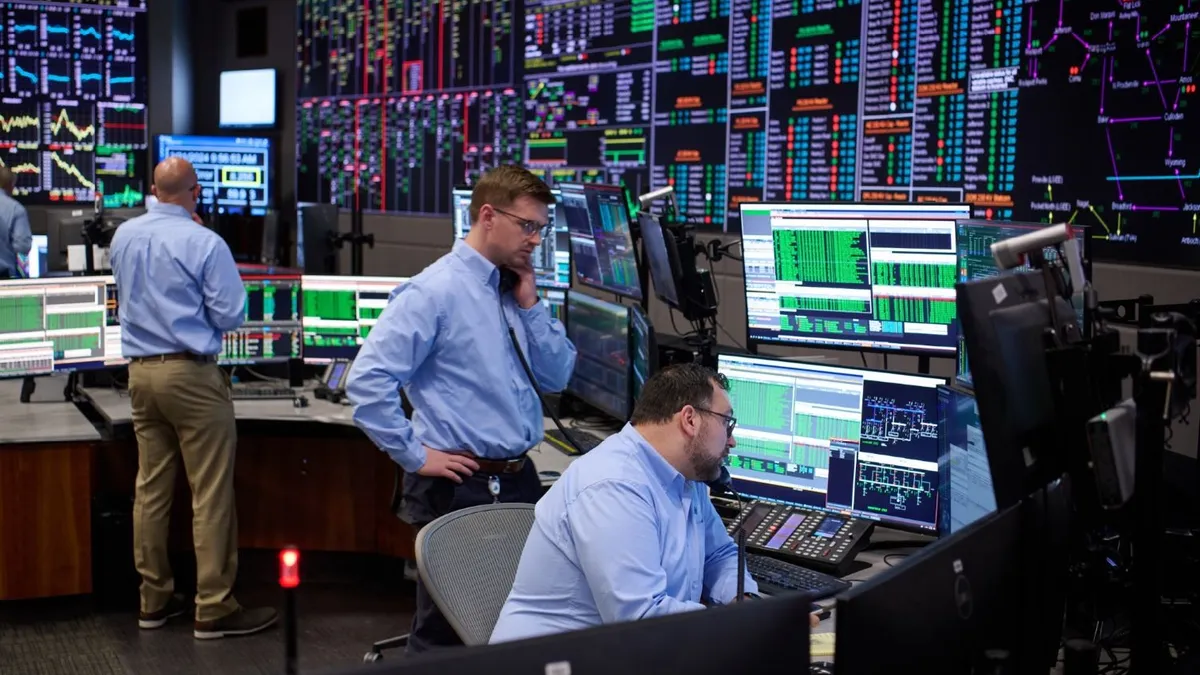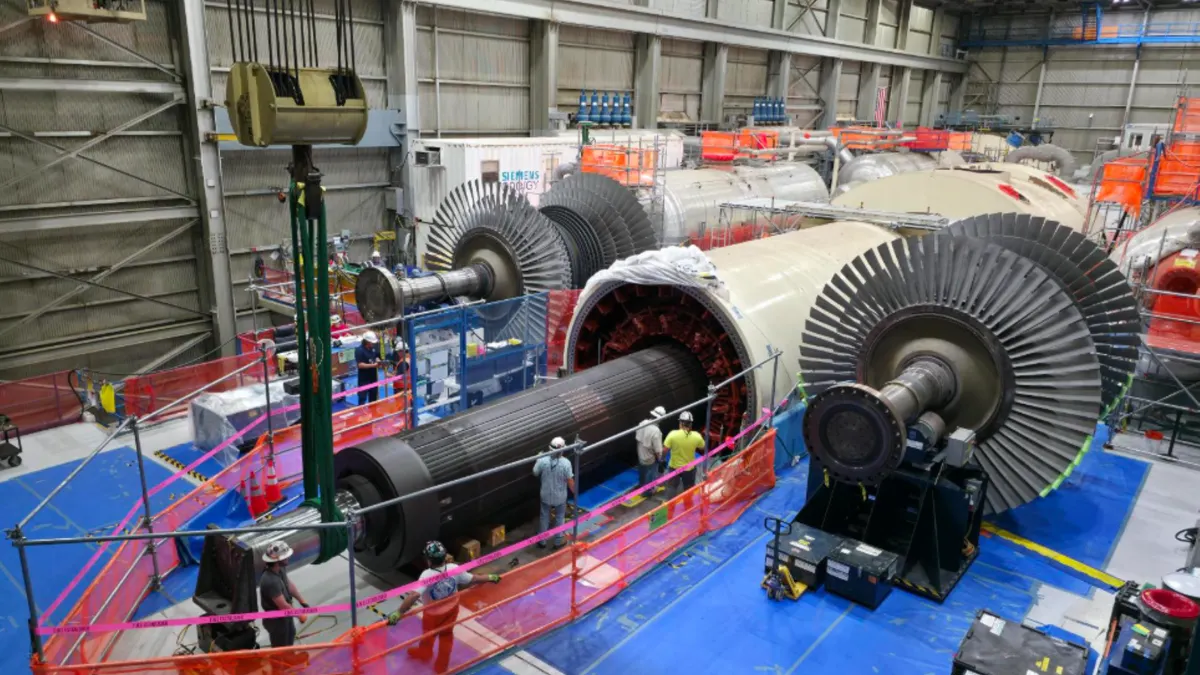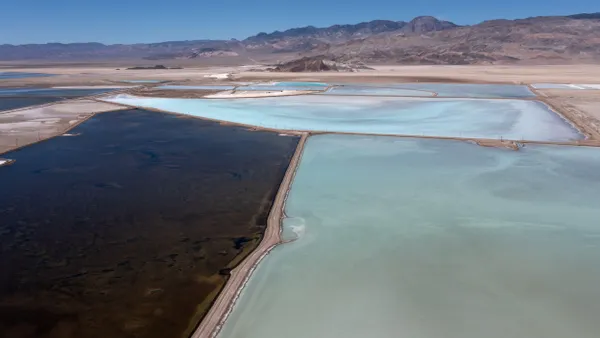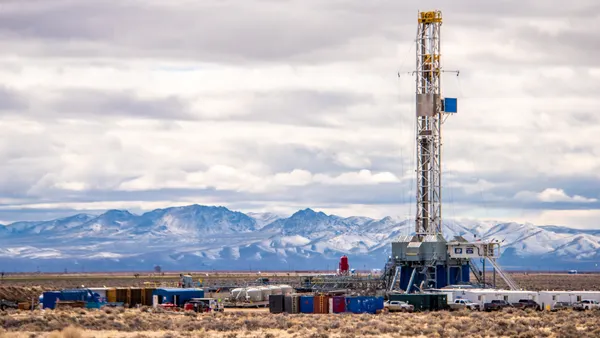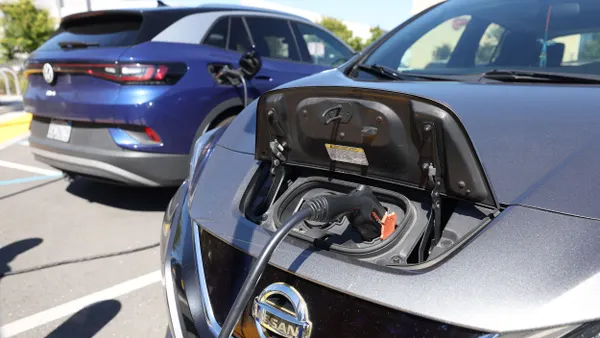Dive Brief:
- A letter from Arizona Corporation Commission Chair Bob Stump to Sunrun CEO Ed Fenster was filed into the Value and Cost of Distributed Generation docket April 10. An email from Sunrun Public Policy Manager Kim Sanders to investment analyst Rajeev Lalwani “attempts to damage investor confidence in APS, undermine its capacity to borrow at reasonable rates, and damage the company's shareholders, many of whom are Arizonans on fixed incomes and retirees,” Stump wrote.
- Sunrun employees attempting “to influence the judgment of Wall Street analysts” should be kept “on a shorter leash,” Stump wrote. Besides being “inappropriate and unprofessional,” it “reflects poorly” on Sunrun and could adversely affect “millions of ratepayers in APS territory -- the constituents we are charged to protect,” he wrote.
- APS is in especially serious financial trouble right now, Fenster said last year during the Arizona fight over net energy metering (NEM). “Only one in four analysts has a buy on the stock,” he said. And because solar and energy efficiency have decreased per-capita energy consumption, APS and other utilities “are fighting at the regulator to slow a disruptive technology."
- The APS bond rating is “investment quality,” a utility spokesperson responded at the time. But Morningstar analysts recently reported the financial stability of APS parent Pinnacle West (PNW) “is less certain than for most other regulated utilities,” according to Forbes.
Dive Insight:
The enmity in Arizona between APS and national solar installers like Sunrun and SolarCity peaked when the ACC held hearings to consider the APS proposal to significantly alter net metering. It could have dealt a severe blow to Arizona solar.
Impassioned public comment was followed by a three-two vote of the commissioners to postpone any changes to NEM until the next rate-making procedure but to allow a $0.70 per kilowatt-hour bill charge to cover APS’s infrastructure costs. Both sides agreed Stump chaired the hearing in an evenhanded manner and found common ground for a compromise.
Things have cooled since that decision but will undoubtedly heating up again as APS, which just released its biannual IRP, approaches its next rate case.



